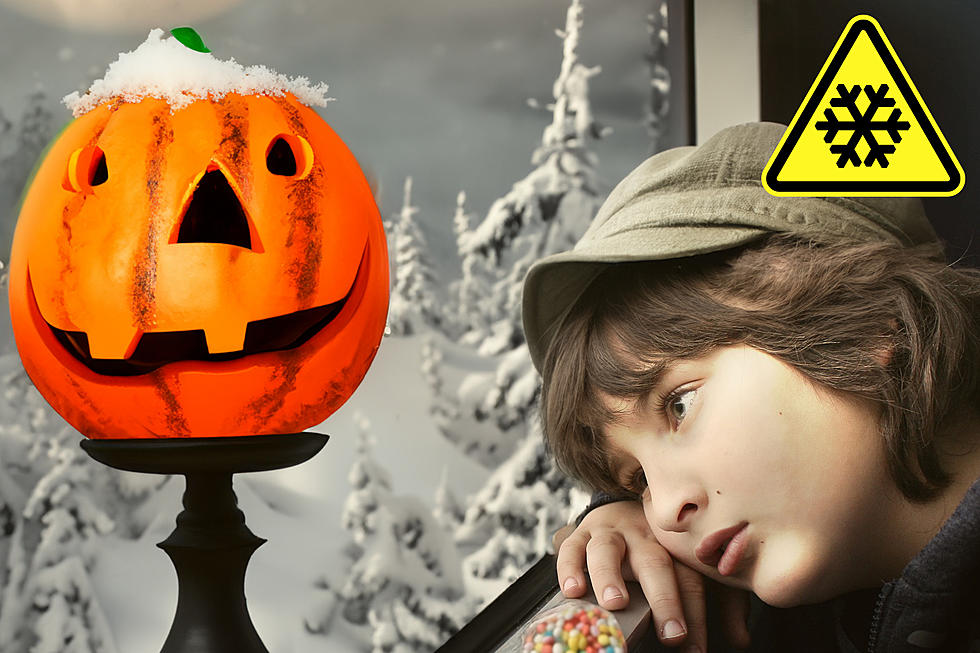
Watch Out For Hypothermia During Extreme Cold Weather
With the extreme cold temperatures we're experiencing, we would like to share some thoughts on cold weather hypothermia. Many of you work outside or enjoy outdoor winter sports and recreation, so it's important not to get over exposed in the cold.
Here is a description of Hypothermia according to the Centers For Disease Control And Prevention:
"When exposed to cold temperatures, your body begins to lose heat faster than it can be produced. Prolonged exposure to cold will eventually use up your body’s stored energy. The result is hypothermia, or abnormally low body temperature. Body temperature that is too low affects the brain, making the victim unable to think clearly or move well.
Hypothermia is most likely at very cold temperatures, but it can occur even at cool temperatures (above 40°F) if a person becomes chilled from rain, sweat, or submersion in cold water.
Warnings signs of hypothermia:
Adults:
shivering, exhaustion
confusion, fumbling hands
memory loss, slurred speech
drowsiness
Infants:
bright red, cold skin
very low energy
What to Do
If you notice any of these signs, take the person’s temperature. If it is below 95°, the situation is an emergency—get medical attention immediately.
If medical care is not available, begin warming the person, as follows:
Get the victim into a warm room or shelter.
If the victim has on any wet clothing, remove it.
Warm the center of the body first—chest, neck, head, and groin—using an electric blanket, if available. Or use skin-to-skin contact under loose, dry layers of blankets, clothing, towels, or sheets.
Warm beverages can help increase the body temperature, but do not give alcoholic beverages. Do not try to give beverages to an unconscious person.
Get medical attention as soon as possible."
If you suspect Hypothermia in a person, it is recommended that you call 911. And as always, we remind you to make sure that your pets are not left outside in the cold for long periods.
More From 96.1 The Eagle






![Winter in Central New York, Pt. 2–Zach’s Weekly Snaps [PHOTOS]](http://townsquare.media/site/42/files/2014/03/Winter-2.jpg?w=980&q=75)
![Winter in Central New York, Pt. 1–Zach’s Weekly Snaps [PHOTOS]](http://townsquare.media/site/42/files/2014/03/P1041105.jpg?w=980&q=75)

